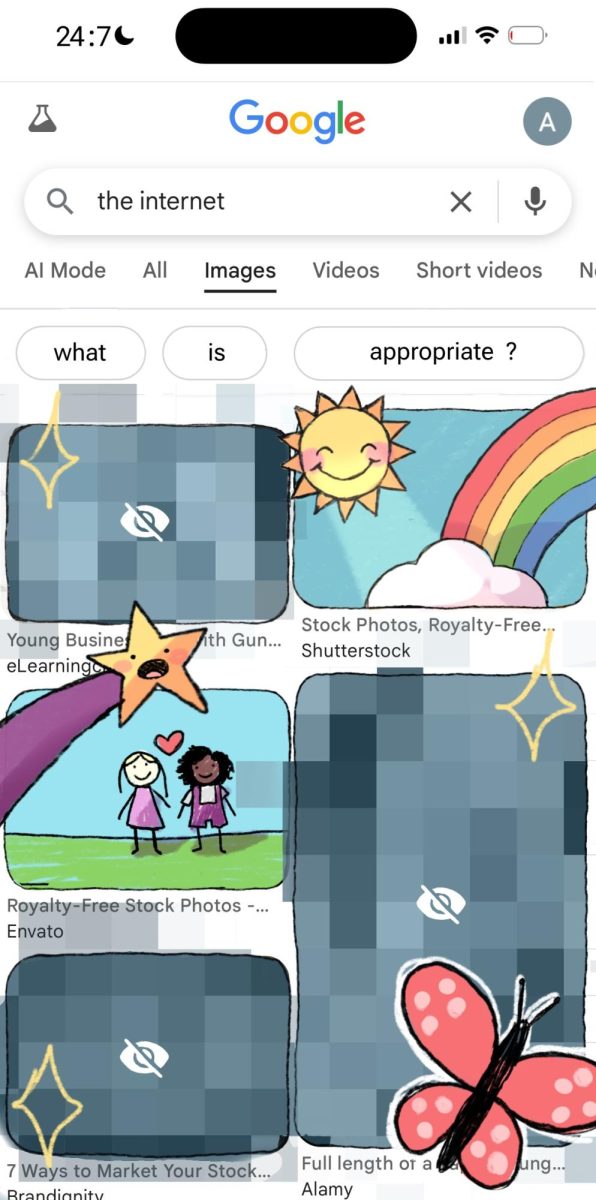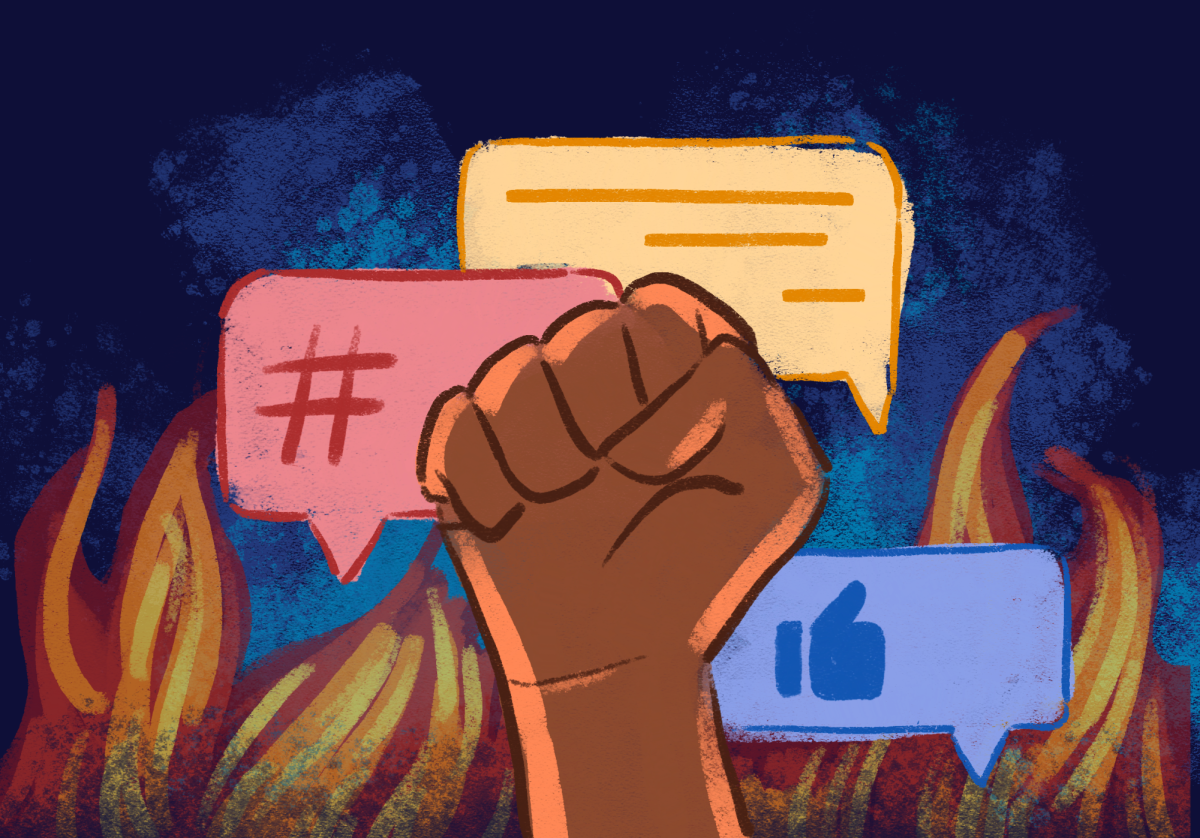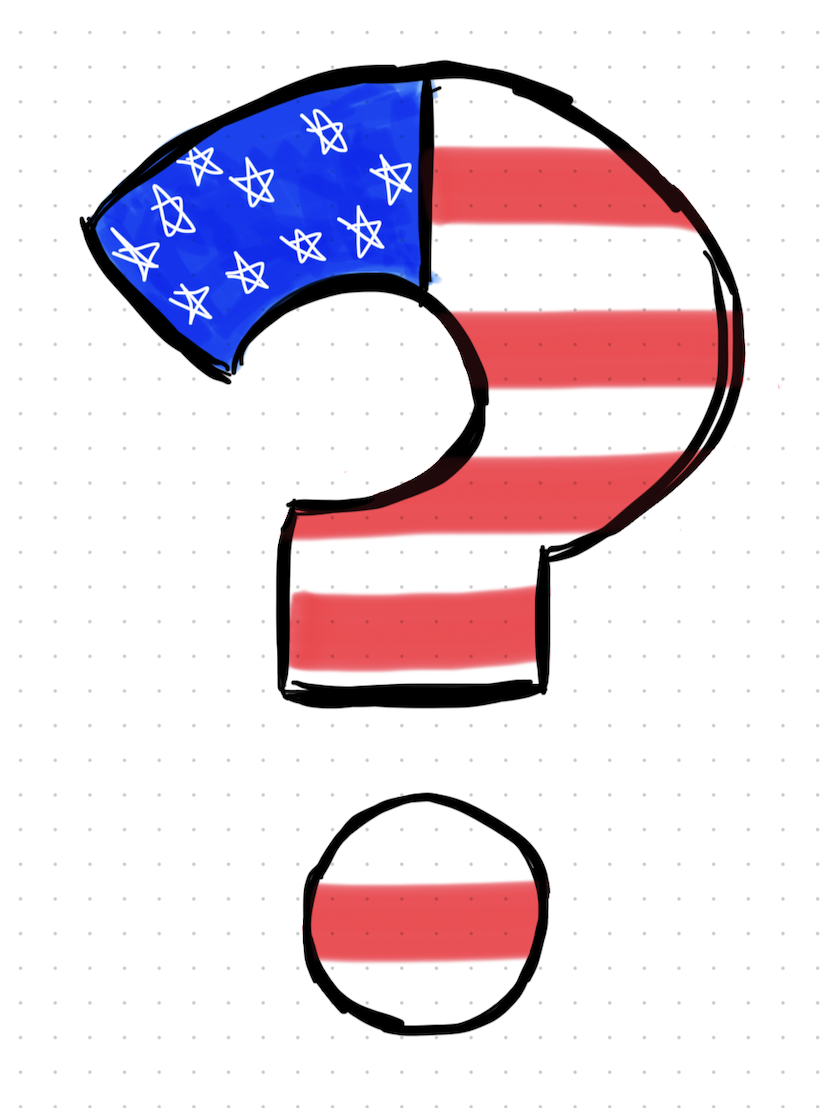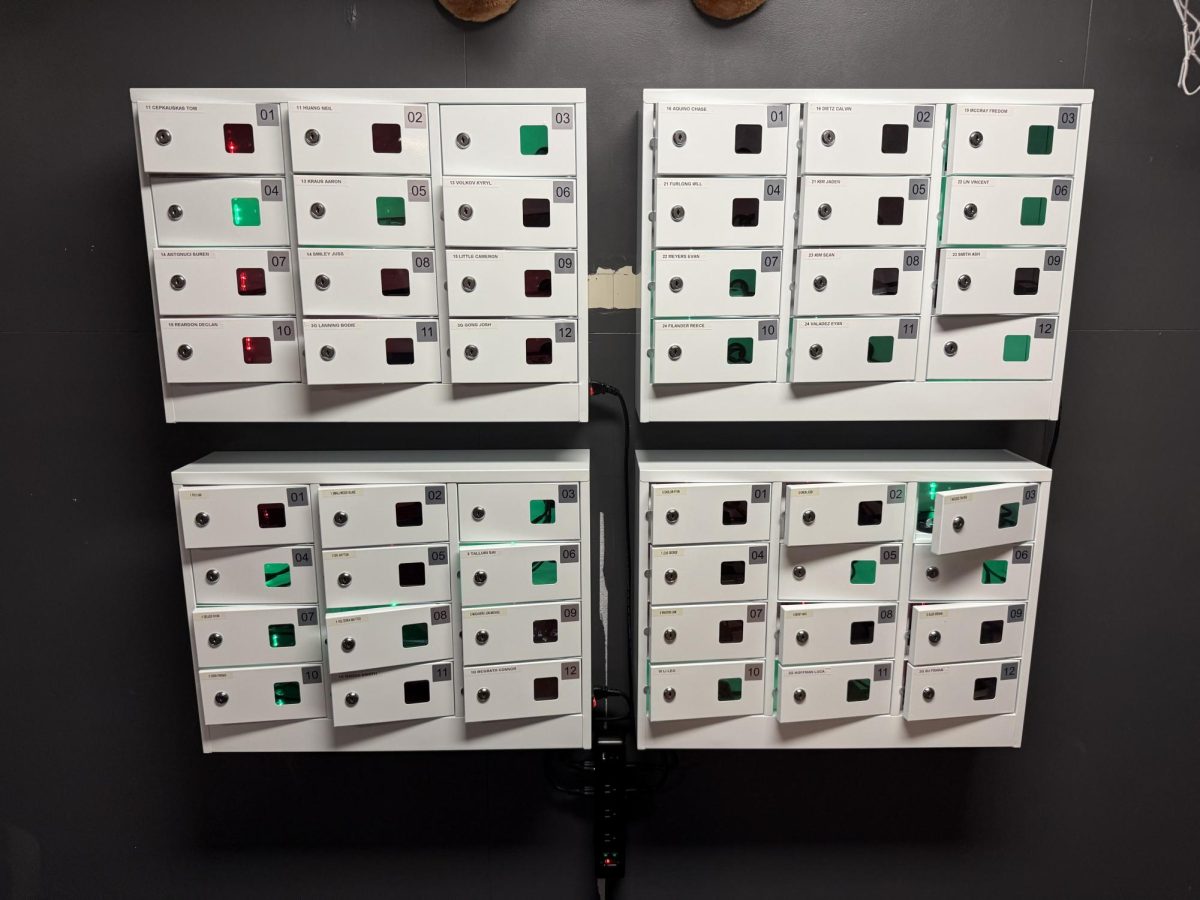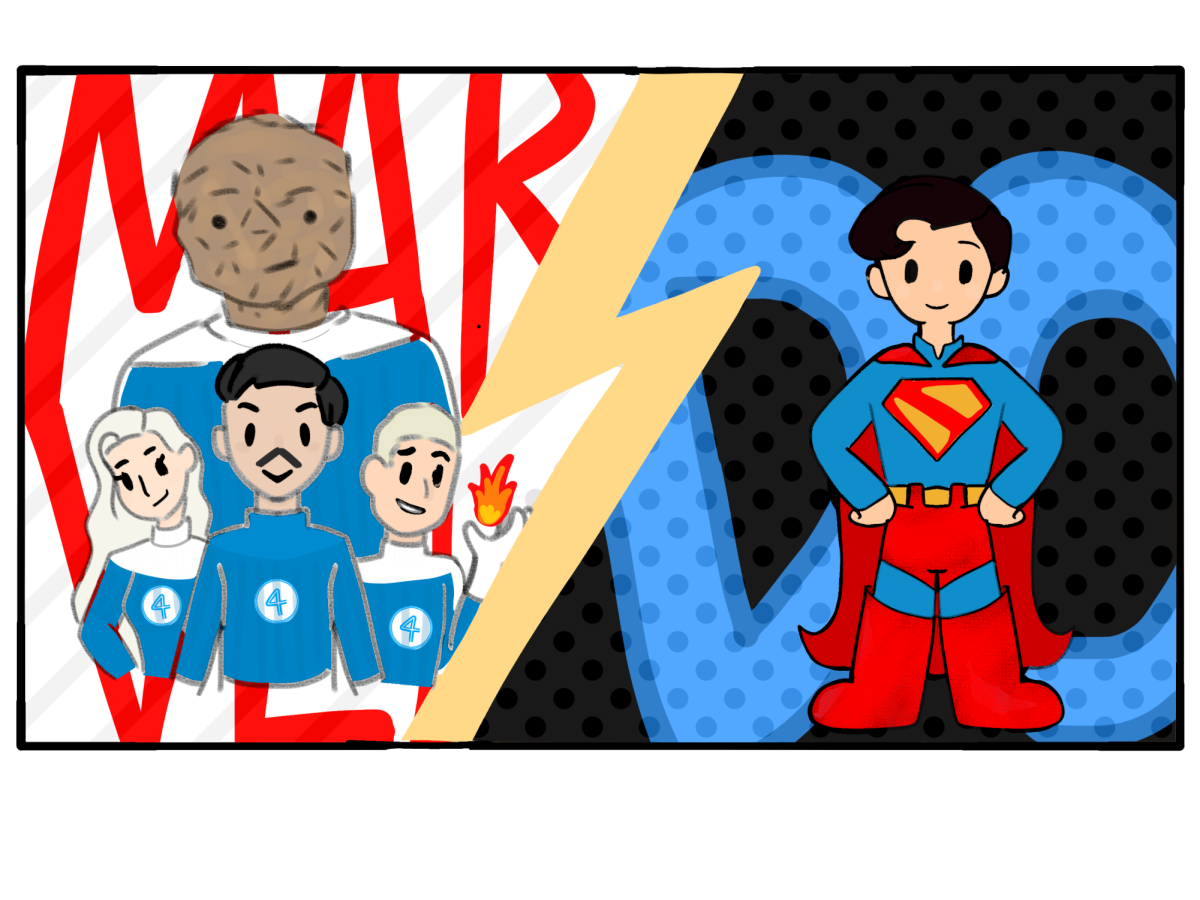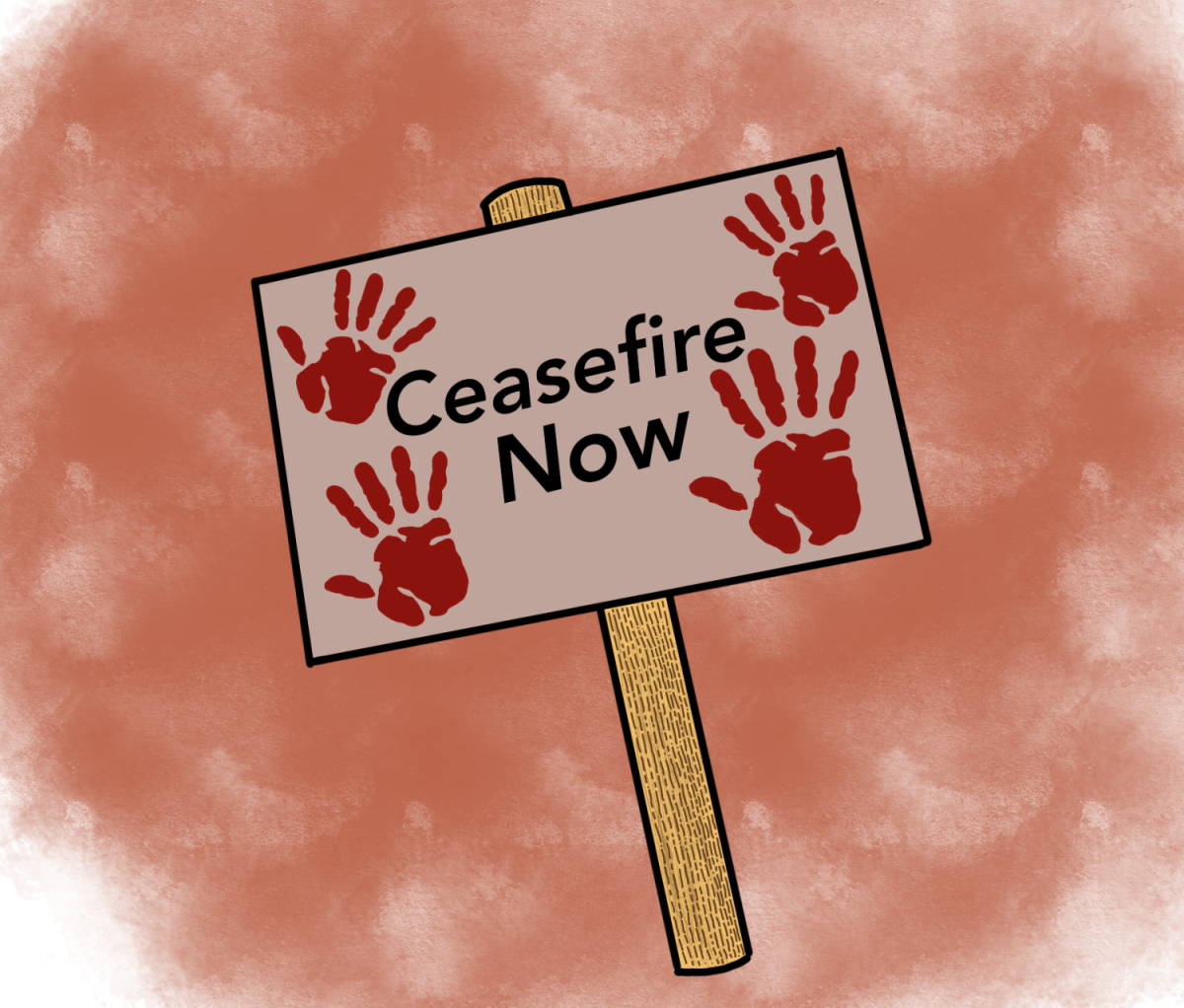Dozens of tents planted across campus, shards of glass on the floor, and police clad with riot gear represent just some of the many struggles students face as more and more college campuses become roiled by the protests over the Israel-Hamas war. With chaos on campus, universities around the nation, including Columbia University and the University of Southern California (USC), have since canceled, moved, or altered their main commencement ceremonies, shocking many of whom who have already endured the wake of the COVID-19 pandemic.
The protests began on April 17 when pro-Palestinian students at Columbia University established an encampment of 50 tents on the university’s campus, demanding the university divest from Israel. Soon after, student protesters at other colleges at the University of California Los Angeles, the University of Michigan, and USC erected their own encampments, leaving a wake of debris and chaos within their wake.
Alarmed by the sudden demonstration, Columbia University President Minouche Shafik called and authorized the New York City Police Department (NYPD) to enter the campus, dismantle the encampment, and conduct mass arrests. Yet, Shafik’s suppression of the protest only instigated more protesters to join the cause: within a day, the protesters had already built yet another encampment and instigated other protesters across the nation to join the cause for universities to divest from Israel.
Learning from the failure on April 18, the university administration agreed to negotiate with the student protesters so that the demonstration would minimally impact the lives of other nonpartisan students. This compromise, however, failed on April 29, and resulted in the suspension of several student activists.
Infuriated by Columbia’s unaccommodating strongarm tactics, on the next day, protesters stormed and occupied Hamilton Hall, an academic building home to Columbia College. With no other option, Shafik called on a second NYPD raid, which led to the arrest of more than 100 protesters and dismantling of the camp.
On May 6, Columbia University announced that it would be canceling its main commencement ceremony, and instead, hold smaller ceremonies for each of its 19 colleges, with most being held at its athletics complex some 5 miles north.
Citing safety concerns, Columbia University has since remained close to the public and those unaffiliated with the university. Dozens of police officers still patrol on- and off-campus, leaving questions as to how the university will be able to accommodate its 15,000 graduates and their guests for commencement.
Similarly, USC had already canceled its main commencement ceremony, to the dismay of many of its 18,000 graduates, citing safety concerns over student protests. USC went even when the university further quashed its pro-Palestinian valedictorian’s commencement speech. As of May 8, USC has held over 100 smaller commencement ceremonies for its graduates.
The decision by Columbia and USC to cancel their main commencement ceremonies has left many graduates from the class of 2024 feeling frustrated. For those who experienced virtual high school graduations due to the COVID-19 pandemic, these cancellations feel like a disappointing repeat of past events.
“I believe Columbia needs to be more strict with campus safety and should’ve stepped in earlier before protests continued to escalate,” said Terry Shao ’24, who will be attending Columbia next year. “It’s simply not right for Columbia to cancel commencement.”






